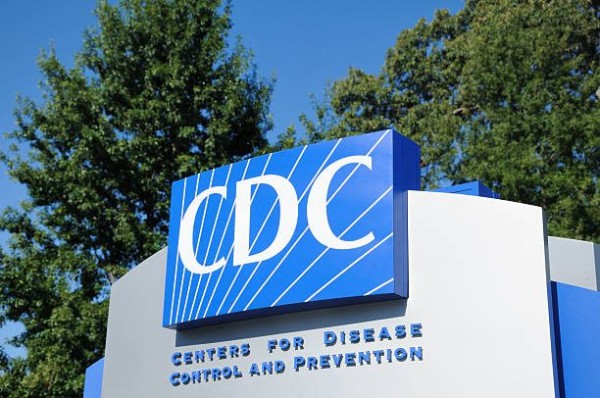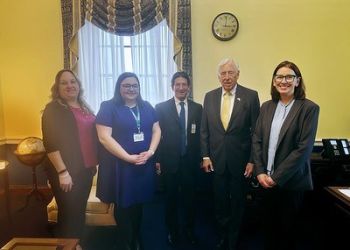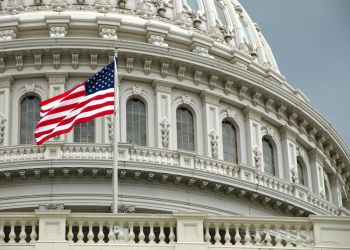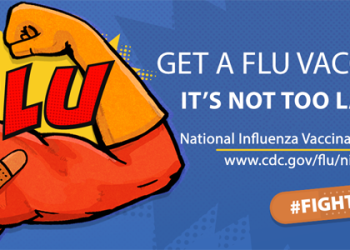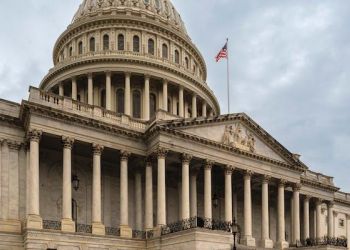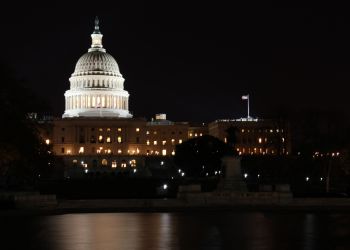On June 7, the House Energy and Commerce Oversight and Investigations Subcommittee held a hearing titled, “Looking Back Before Moving Forward: Assessing CDC’s Failures in Fulfilling its Mission.” In this hearing, four witnesses testified, including:
- Mary Denigan-Macauley, Director of Public Health at the U.S. Government Accountability Office (GAO)
- Charity Dean, former Santa Barbara, CA health official and CEO and Founder of The Public Health Company
- Tracy Beth Hoeg, Epidemiologist in the University of California- San Francisco Department of Epidemiology & Biostatistics
- Georges C. Benjamin, Executive Director of the American Public Health Association
In opening remarks, Chairman Morgan Griffith (R-VA) expressed his frustrations with the CDC. He stated that this hearing would help lawmakers explore appropriate and necessary reforms needed at the CDC. Ranking member Kathy Castor (D-FL) highlighted the need for an “honest, holistic” approach to identify public health challenges and the need for Congress to step in and invest in data modernization at the local level to improve CDC’s ability to collect and act upon timely and complete health data during a disease outbreak.
Opening statements began with Mary Denigan-Macauley, the Director of Public Health at the U.S. Government Accountability Office (GAO). She stated that in January 2022, the GAO determined that the Department of Health and Human Services (HHS) needed a transformation in its leadership and coordination of the nation’s preparedness for and response to public health emergencies and placed the agency on GAO’s leadership and coordination of the nation’s preparedness high-risk list. She also expressed the urgency to take a whole nation approach, incorporating and consulting with Congress, state, local, tribal, and territorial public health jurisdictions, and private laboratories when developing proposed CDC reforms. Dr. Denigan-Macauley encouraged the CDC to engage with stakeholders to develop detailed, transparent, and accountable reform plans that close identified gaps and to work with Congress to ensure preparedness for the next public health emergency.
Dr. Charity Dean, CEO and Founder of the Public Health Company, and former local health official for Santa Barbara, CA—shared that as a local and state public health official during the COVID-19 outbreak, she found herself “flying blind relying on an antiquated public health system built on disconnected local nodes that are siloed from each other, to meet a fast-moving 21st-century biological threat.” Similarly, Dr. Georges Benjamin, the Executive Director of the American Public Health Association (APHA), expressed that CDC needed to be at its strongest moving forward to combat vaccine hesitancy. Both Dr. Dean and Dr. Benjamin stated that public health is fundamentally a data-driven science and urged the need to bolster the public health technology system and strengthen the public health workforce. Dr. Benjamin continued by stating the importance of the CDC’s budget being flexible and highlighted the issues he experienced as a state and local health officer when it came to budget flexibility.
During questioning, Dr. Benjamin stated that as a deputy health officer in Maryland, in the mid-90s, information was being sent by fax machine and this continues to be the way to receive information. He continued by stating how this system imposes numerous issues on data collection and explained that each health department has a different form of reporting and collecting data. For example, data coming from one hospital to another hospital from a health department can be reported differently, leading to electronic systems potentially misinterpreting the information being received. Dr. Benjamin urged Congress to support the CDC data modernization initiative to ensure health departments are prepared to collect and share data during a future pandemic.
Throughout the hearing, many members of Congress mentioned how misinformation impeded public health officials’ efforts to get critical information to the public, causing low public trust in public health institutions. Representative Paul Tonko (D-NY) emphasized the importance of relying on science but explained that low public trust prevented public health officials from effectively responding to the pandemic and asked Dr. Benjamin about the consequences of low public trust. He then proceeded to ask Dr. Denigan-Macauley about the importance of strengthening the public health workforce and his thoughts on the workforce being a key component in public health emergency preparedness. Dr. Denigan-Macauley expressed how essential the public health workforce is in a public health emergency and reiterated what the committee highlighted during this hearing which was the urgency of taking a whole of nation approach and involving those public health officials at the state, local, tribal, and territorial levels to ensure preparedness for the next public health outbreak.
